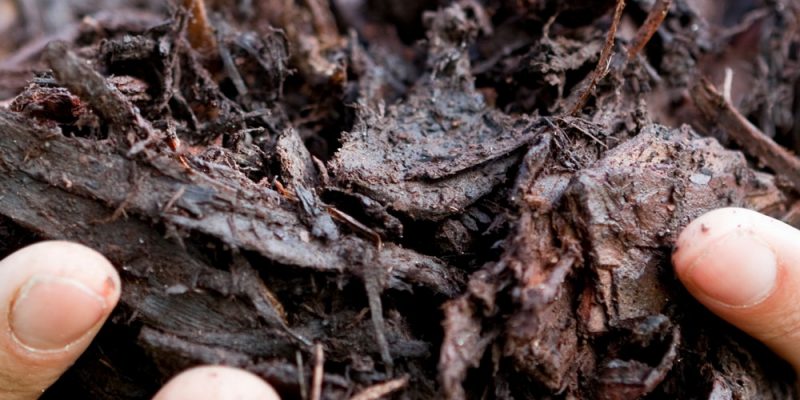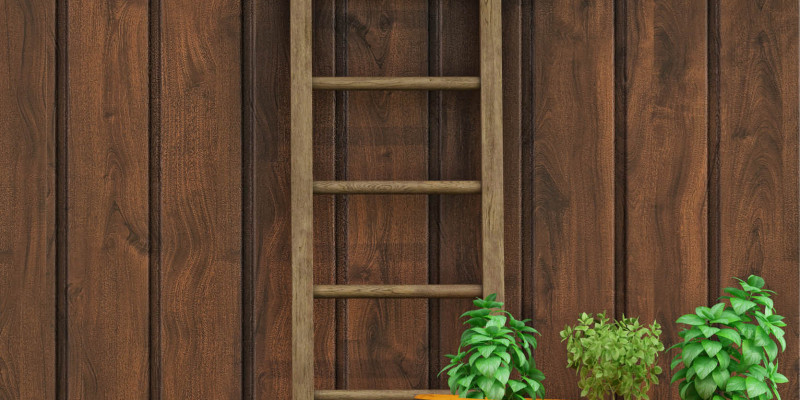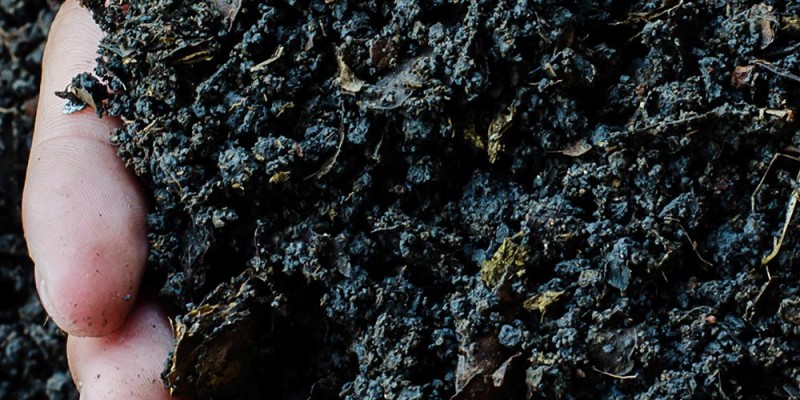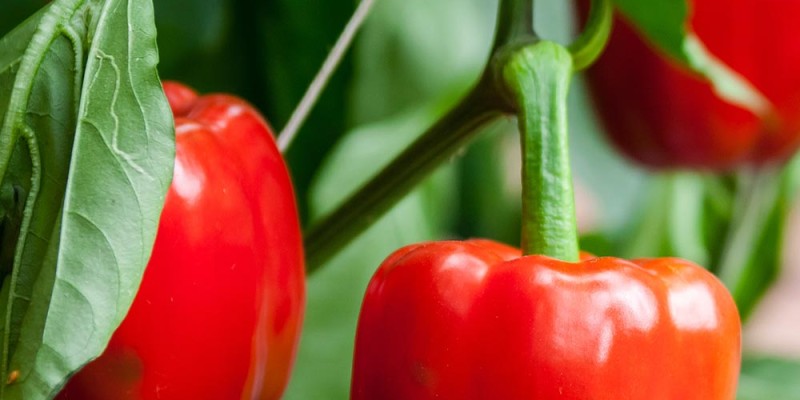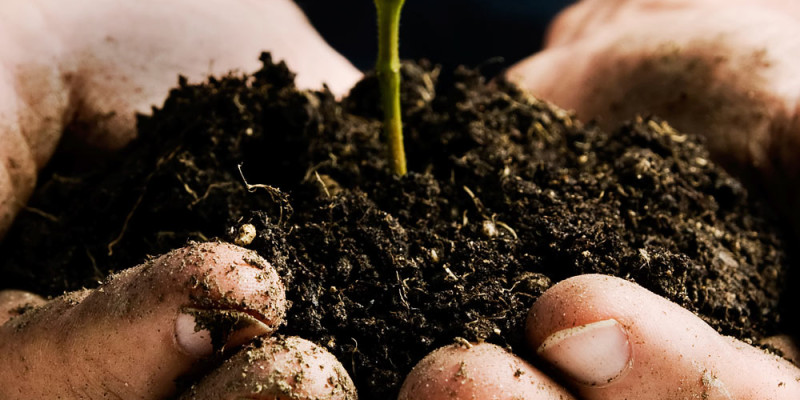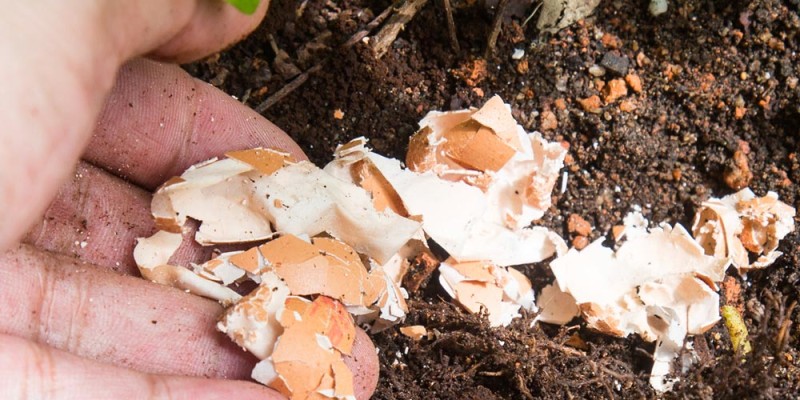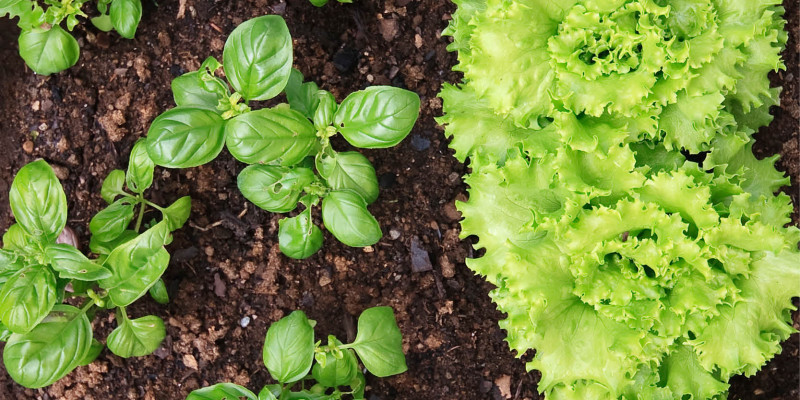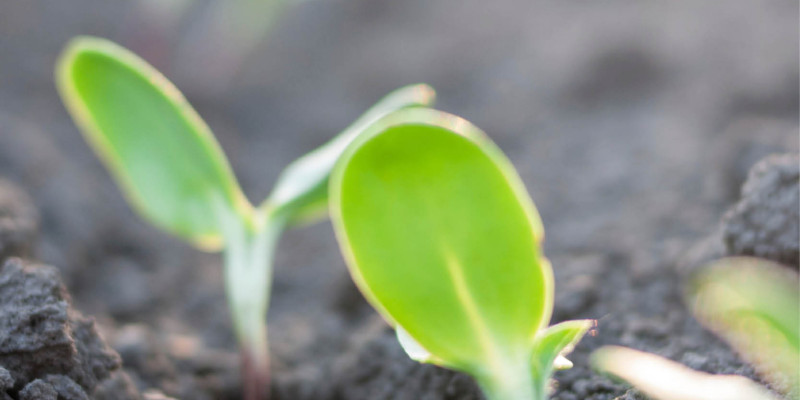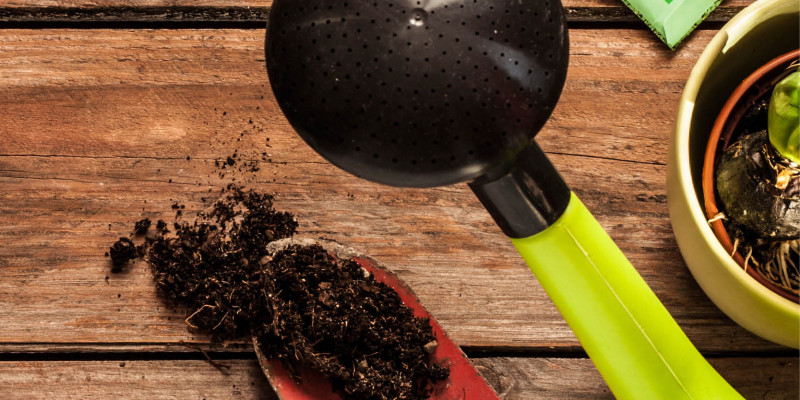The Top 5 Garden Myths. Advice that is not Correct and why!
This year I started a series called Testing Garden Assumptions. What I really want to accomplish with this series is to take a look at Garden Practices, Methods and Products to see which ones are supported by the science of gardening.
This series was inspired and driven by you the viewer. You have asked me via YouTube Comment Section, Email and Facebook post some fantastic questions.
It is the end of another great year and in well-established tradition it is time for the top lists of the year on YouTube. Today I thought I would go through the top 5 garden myths we have discovered since beginning this series.
Before we get into today’s video I would like to thank you for your questions and urge you to keep them coming. I may not get to them right away but if you tune in the first Friday of each month I will address one from my list.
Do Pine Needles Make Soil Acidic?
The first video in the series was a collaboration I did with Patrick Dolan from the One Yard Revolution channel. When Patrick was planting his blueberries in the summer of 2014 he was evaluating methods to acidify the soil. Blueberries prefer soil that is generally more acidic than most garden soils and pine needles have been recommended to help keep the pH low. Mr Chip Gardener whom also has a YouTube Channel mentioned that pine needles don’t actually make soil acidic.
To my surprise his statement turned out to be true and we explored the reasons why. It all boils down to the pine needs are acidic when they fall however as they decay and before they can transfer anything to the soil the neutralize resulting in no soil acidification.
This was shocking to me as I had always heard from trusted sources that pine needles would acidify soils. This realization lead me to want to investigate more and create the Testing Garden Assumptions Series.
Does old coffee acidify your soil?
Similarly to pine needles using cold coffee around your blueberries won’t acidify the soil as cold coffee is just too weak to overcome the soils buffering capacity. Meaning any changes to the pH the coffee could make would be quickly reversed by the soil itself. Cold coffee also does not add significant amounts of nutrients.
Is Pressure Treated Lumber ok to use in the Garden?
Many sources state that people should avoid using treated lumber in vegetable gardens as the materials used in the treatment can be harmful if you or the soil comes in contact.
It turns out this common advice was correct at one time however in the last decade lumber producers have changed their practices as a result of these concerns. This resulted in them changing how they treat lumber that can be purchased by home owners.
Treated lumber that you and I have access to is treated by a process called ACQ and is made up of a biocide and a copper containing chemical. The biocide and copper agent act in different ways to help prevent bacteria and fungi from colonizing the wood.
The biocide used is also used in hospitals and restaurants and was shown by researchers at the University of Florida and Miami to not leach out of the lumber. Skin contact with the treated lumber would be similar to what you would get from a railing on a deck or recently cleaned surface in a hospital or restaurant.
In order to see if copper was leaching into the soil in dangerous levels I sampled soil that had been in contact with treated lumber for 3 and 9 years. The lab results from Maxxam analytics were supported by peer reviewed research that showed the lumber did leach a little copper but well below any regulatory criteria.
Interestingly below that criteria copper is considered an essential element for plant growth.
So the recommendation to avoid the use of todays treated lumbers is not supported as it poses a low risk if used in a home gardens.
Does the Chlorine in Tap Water Harm Beneficial Bacteria in soil?
Often people recommend leaving chlorinated tap water out for a few days or use a chlorine filter before applying it to your garden. The reason being is the chlorine that is used to make sure our tap water is safe to drink will kill the beneficial bacteria in the soil. Bacteria in the soil are the driving force behind the nutrient cycle releasing nutrients to the plants as they break down organic material.
Bacteria in the soil are good indicators for this test as the bacterial that can be cultured represent a broad spread of species. Some of these species may be affected by chlorine while others may not. As I only use tap water when required which is rarely the populations likely represent a robust population.
I tested the effect of tap water on bacteria by taking a sample of soil and adding it to deionized water pre and post watering. There was no change in the number of bacteria.
It turned out even soil that was placed in 100% tap water bacterial numbers should have dropped significantly if chlorine caused damage did not show any difference between the control and this extreme situation.
As a result of this it looks as if the statement that tap water will harm beneficial bacteria is another garden myth.
Is Epsom Salt useful in organic gardening?
Finally this spring we took a look at Epsom salt as a fertilizer. Epsom salt is made from Magnesium and Sulfur. Both of these are essential elements for plant growth. So by this reasoning many sources recommend its application and claim a whole lot of positive results.
It turns out unless your soil is known to have a deficiency the application will not help. Most back yard garden soils have sufficient enough concentrations of Mg and S and do not require more. Surplus nutrients in the soil simply are not used or can become harmful.
In some cases high levels of potassium in the soil can lock out other nutrients such as Mg. If you apply more Mg to a soil that has a lockout due to high potassium the practice is not going to fix anything.
In the end if you had a magnesium or sulfur deficiency the much more sustainable method to fix it is to apply compost as homemade composts made with free and local resources such as autumn leaves, coffee grounds, tea leaves and comfrey have more than enough of both element.
Next Years Testing Garden Assumptions
Often I have found that you are suggesting videos based on marketing claims made about products. While often there is a seed of truth that a clever marketing team has woven into a products claims and advertisements the science we discuss on the first Friday of every month helps cut through the noise.
If you would like to check out in more detail any of the subjects we spoke about today or other topics I have addressed in this series make sure to check out the Testing Garden Assumptions Playlist at the end of this video.
Next year I am going to take a look at the claims made about compost tea, compost extractions, and the claim that soils need to be remineralized among many other subjects. So keep the suggestions coming and Ill keep working on putting garden practices methods and products to the test!
